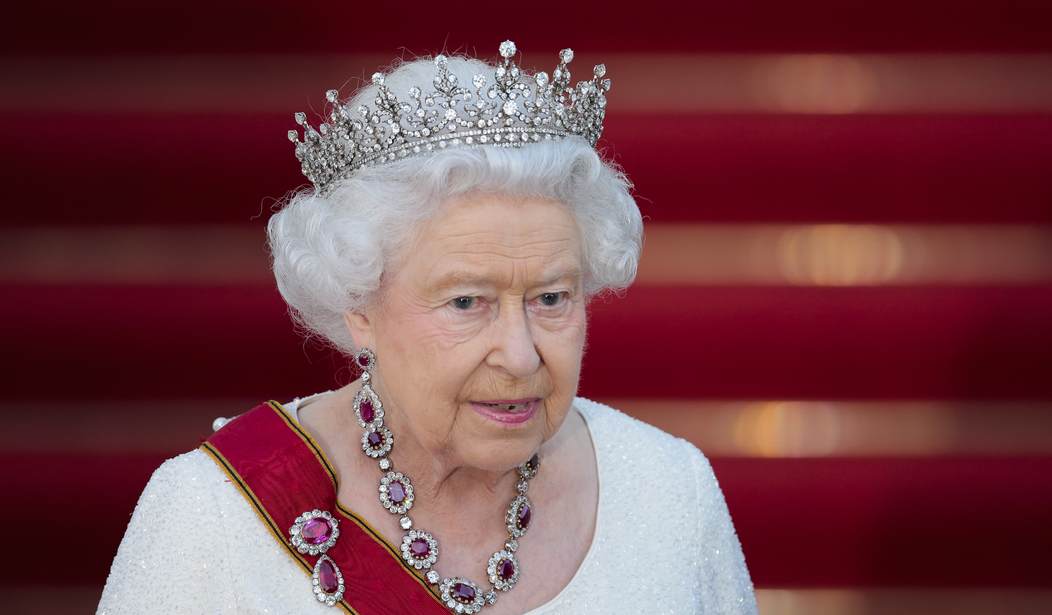“Roedd lle arbenig i Gymru yn ei chalon.” That’s a mouthful, unless you speak Welsh as does the new King Charles III of Britain, who learned the language while he studied at Aberystwyth University in the 1960’s. “Wales had a special place in her heart.” The King’s recent bilingual address to the Welsh Parliament is important because it demonstrates an appreciation of a unique people and culture within the larger United Kingdom, and a sense that to be the leader of a people you must relate to them.
The royal family under the late Queen Elizabeth II has been a model of authenticity and the spirit of public service. That idea rubs many Americans the wrong way, but there’s something to it.
The Queen famously loved Scotland, Scottish traditions, and Balmoral Castle. But she also knew her local neighbors there, worshipped alongside them, and opened her home to them many times. From the famous Buckingham Palace tea parties to thousands of ceremonial and philanthropic events, the Queen had an extraordinary touch with those whose homes were not palaces.
Unlike the US Congress, where perhaps a quarter of members are military veterans, the British royals have performed military service. Queen Elizabeth II famously served during WWII in the auxiliary territorial service doing vehicle maintenance. King Charles served six years in the Royal Air Force and Navy. Despite his role in the family drama, Prince Harry deserves credit for his ten years of service and two tours in Afghanistan. There’s no doubt that the royal family understands the importance of service to country.
Queen Elizabeth’s authentic Christian faith has been front and center in the various memorial services and funerals. In her Christmas message in 2000, she said, “For me the teachings of Christ and my own personal accountability before God provide a framework in which I try to lead my life.” She was both the head of the Anglican Church and a frequent Presbyterian congregant. Her faith is widely understood to have been real and personal.
Recommended
In fulfilling her royal duties, the Queen often cited Jesus, who said that He had come not to be served, but to serve. For 70 years she was more than just a symbol of Britain, she was the encourager and consoler in chief, and a voice of wisdom to more than a dozen Prime Ministers. Author John Irving said recently, “She has throughout her reign managed to make people feel that she is the spirit and the soul of the country.”
One might object that even led by such a remarkable person as the Queen, such a family – who have inherited their position and not earned it – does not deserve the status they are given. Certainly, the flaws and fractures in the family are on full public display. Fair enough. My point is not to defend hereditary privilege or a noble class.
But haven’t we seen enough in America of politicians who fail the test of authenticity, who have trouble connecting to their own citizens? Presidents of both parties have been knocked for clumsy attempts to appeal to minority voters. Speaker of the House Nancy Pelosi famously showed off the fancy ice cream in her expensive refrigerator during Covid. Public officials enjoyed haircuts, fine dining, and sunny vacations throughout the pandemic despite their own public health orders. And in election season, candidates make TV ads uncomfortably wearing outdoor gear or hard hats, or talking to farmers and shop owners who they would otherwise never meet. Their community roots are astroturf.
So let’s be truthful. Even being elected by the people does not make one a ‘man of the people.’
George Washington famously refused to be made king, and the Constitution bans noble titles. Thomas Paine said, “America has no monarch: Here the law is king.” On this side of the pond, we don’t need royal titles and offices to restore what it means to be a public servant and a leader of noble character.
But the British model still has something for us. Particularly in the life of Queen Elizabeth II, we have seen a tradition of royal office combined with the actual nobility of character, authenticity, and a spirit of public service that we all should celebrate.
Dr. Tom Copeland is a Professor of Politics at Colorado Christian University and Director of Research at the Centennial Institute, where he writes on public policy and the intersection of faith, culture, and politics. The views expressed are those of the author and do not necessarily represent CCU or Centennial Institute.
























Join the conversation as a VIP Member